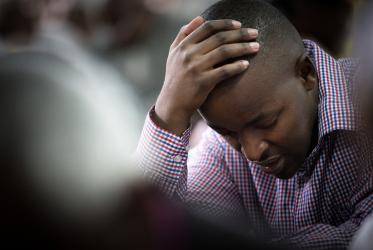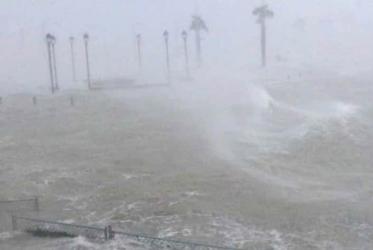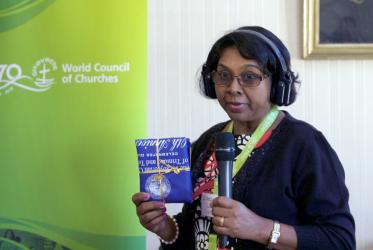Displaying 1 - 9 of 9
Is God present - even amid hurricane’s wrath?
07 September 2019
WCC represented at G20 Interfaith forum in Tokyo
13 June 2019
Trinidad and Tobago church challenges plastic pollution
09 October 2018
Diakonia: “a tool to reach abundance of life”
24 July 2018
Seven weeks of Lent highlight water justice in Latin America
12 February 2018
G7 must address famine
22 May 2017





